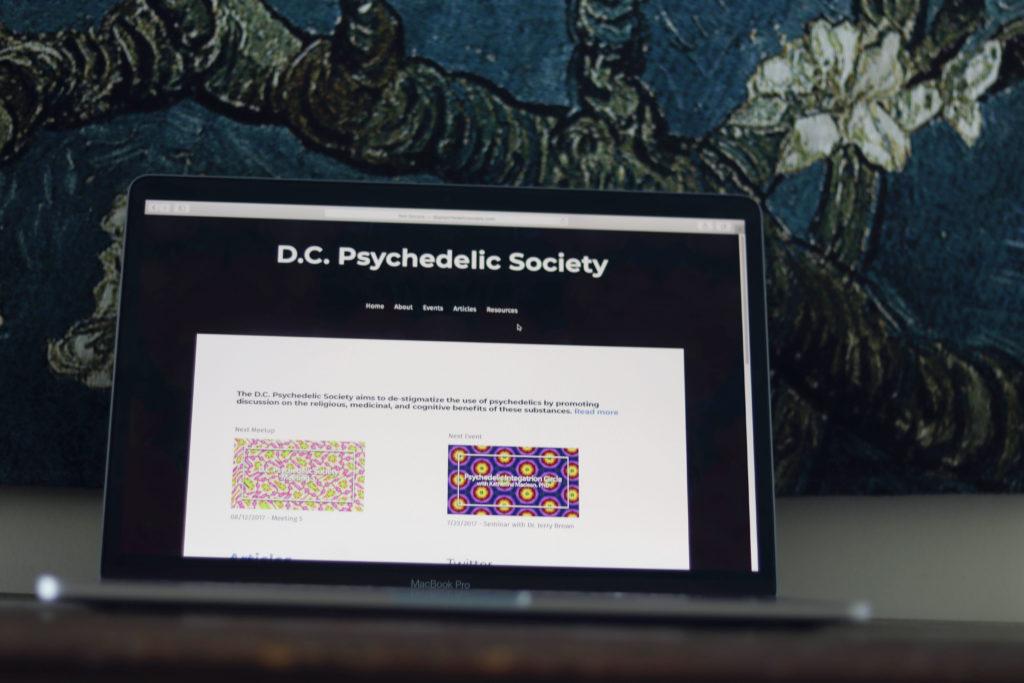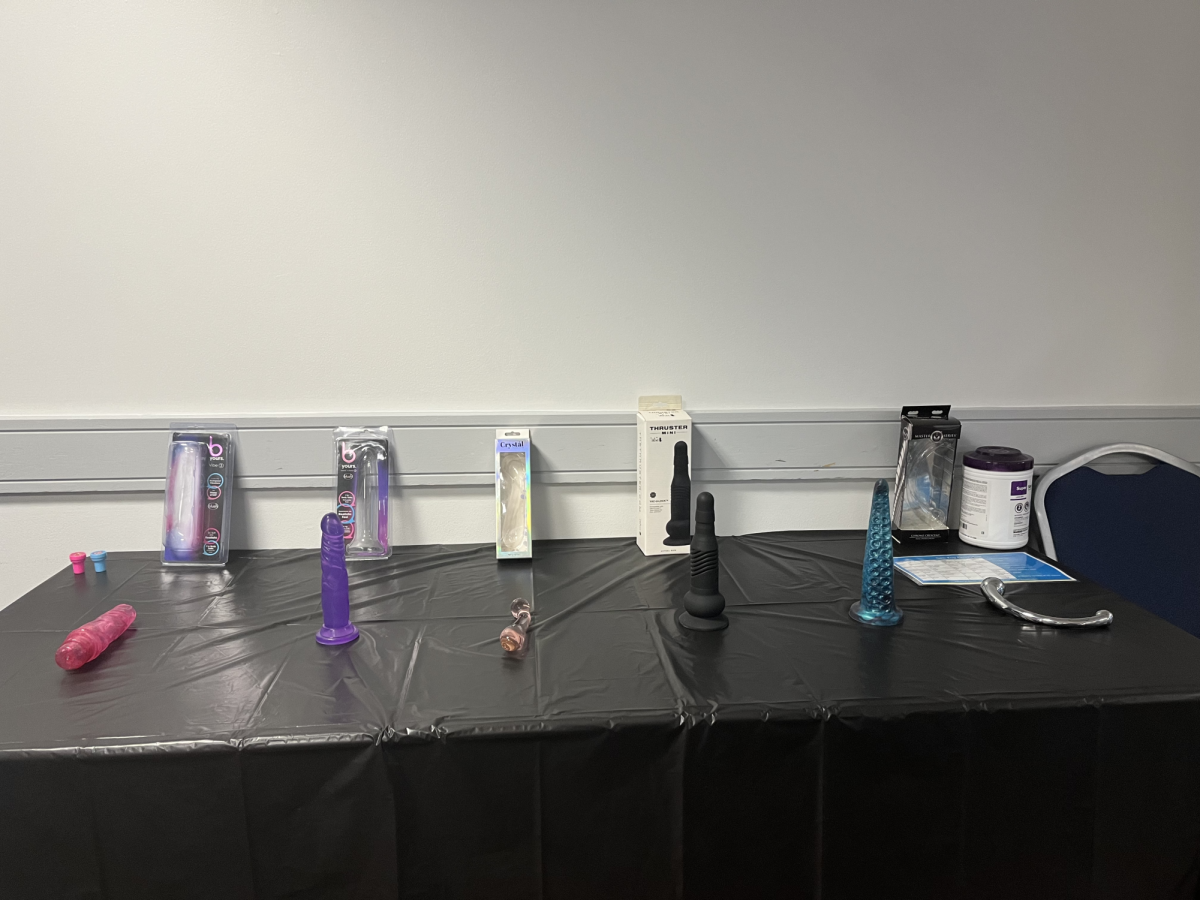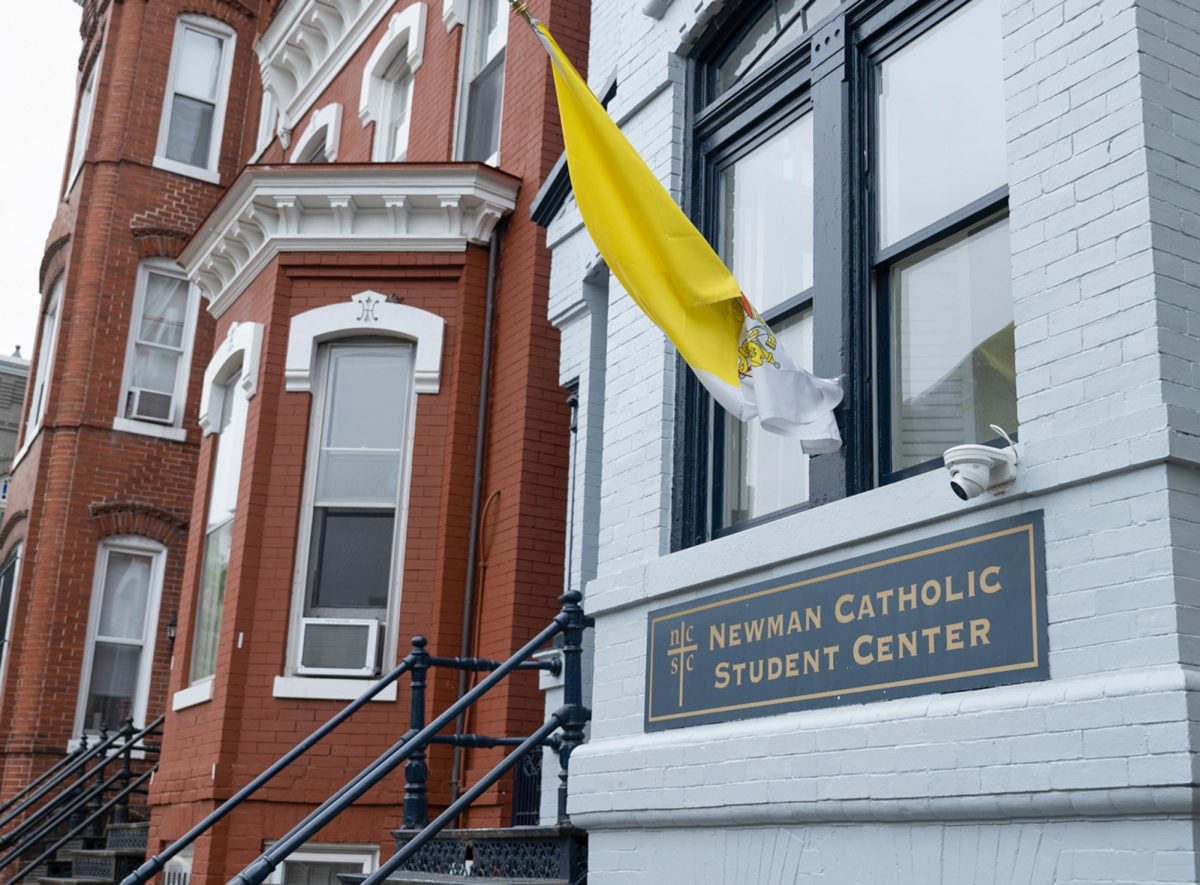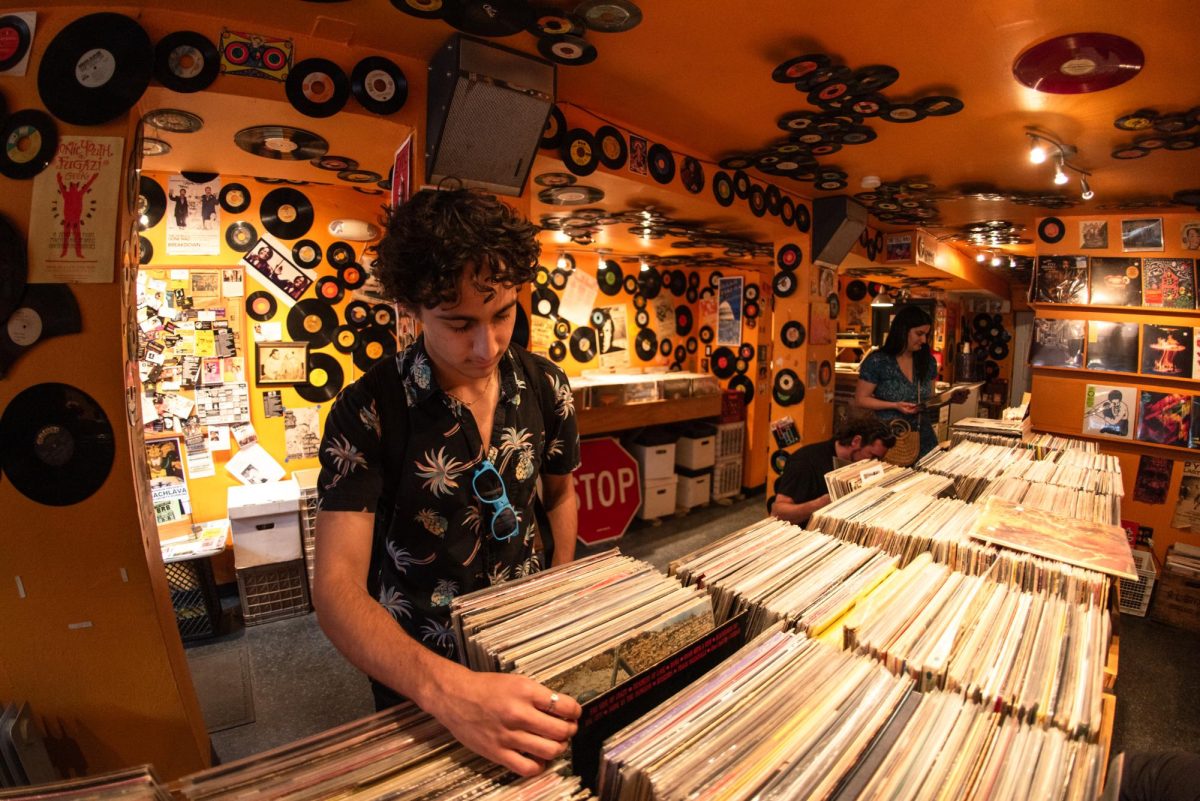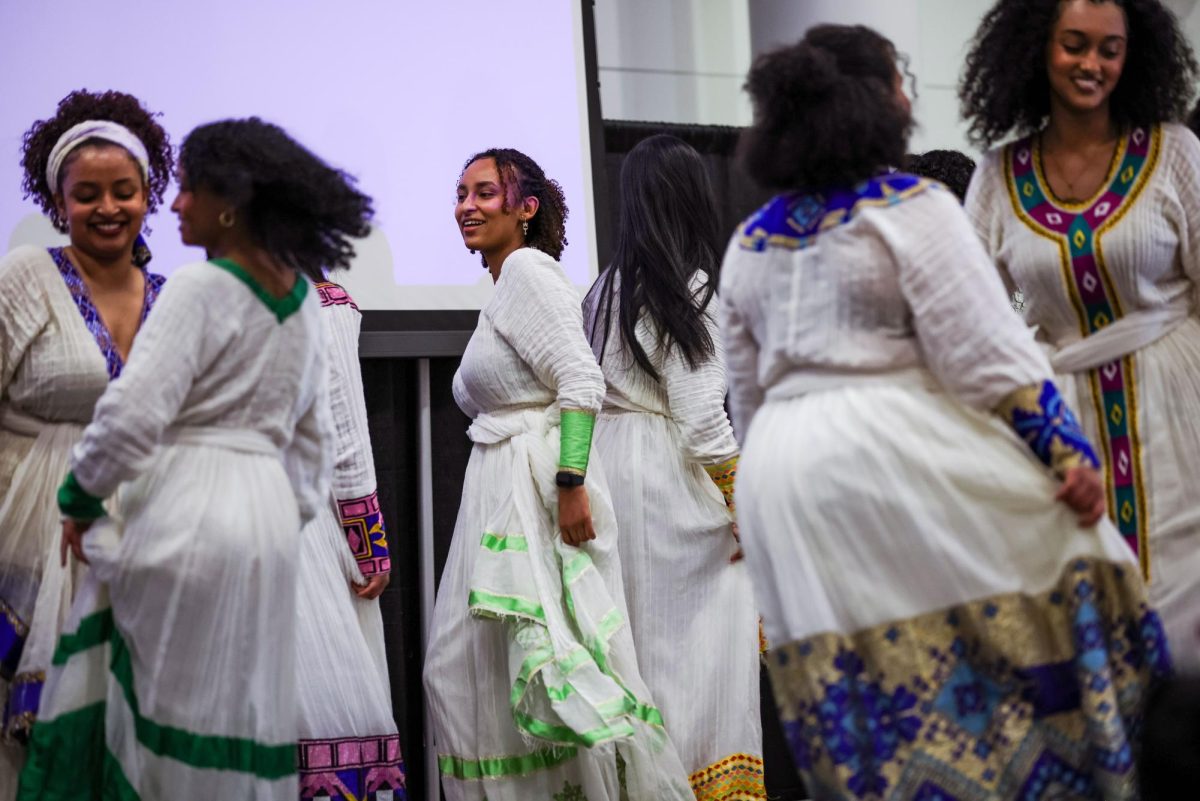This November’s election will be significant for many reasons, one of the lesser-known being an initiative to make psychedelics the lowest law enforcement priority in D.C.
D.C. residents will vote this year on Initiative 81, which would not decriminalize psychedelics completely but would make law enforcement “among the lowest law enforcement priorities.” Advocates of the initiative said D.C. could be at the “forefront” of helping people who are disproportionately struggling with mental health issues by lessening the legal blow of the drug.
Melissa Lavasani, who proposed Initiative 81 and spokesperson for Decriminalize Nature DC, said the use of “plant medicine,” a term commonly used instead of “psychedelics,” helped address her postpartum depression and can help many communities struggling with post-traumatic stress disorder.
The initiative comes shortly after Denver’s successful campaign to decriminalize hallucinogenic mushrooms and legislation that decriminalized several psychedelics in Santa Cruz, California.
Lavasani said the initiative is the first step in creating “safe spaces” for people to feel comfortable talking about their trauma and to have “honest conversations” about plant medicine. She said the initiative is aimed at “educating” the D.C. community and its leaders about the effects of psychedelics, which include treating anxiety and depression.
“The psychedelic space is handicapped by the fact that Americans were fed a lot of really negative propaganda against psychedelics,” Lavasani said. “And that has been passed down generation to generation, and we’re trying to break it to an audience that doesn’t already have it embedded in their culture.”
Lavasani said even though she and her husband had “amazing” health care and security nets, she was still close to losing her life to postpartum depression. She said the initiative would be the first step in providing the D.C. community with “long-lasting” help like how psychedelics helped her battle depression.
“We were in a terrible mental health crisis before the pandemic,” Lavasani said. “But after this pandemic passes at some point in the near future, hopefully, we’re going to have to deal with the aftermath of this.”
Lavasani said mental health resources like therapy are “not-accessible” for people in low-income communities, including those in the District. She said the U.S. health care system needs “a lot of work” in improving accessibility and empathy, and the initiative will aid those who lack access to adequate health care.
“Poverty is a real issue,” Lavasani said. “And it’s not just being poor, it’s not just providing housing for people, you’ve got to heal the trauma that people are experiencing in their daily life.”
Lia Kuduk, an organizer for Decriminalize Nature DC and a graduate from GW Law, said using psychedelics helped them reach a new “understanding” of their gender identity. They said their experience with psychedelics helped them “resolve” their childhood trauma, like hormone conversion therapy.
“I was experiencing really severe episodes of anxiety and depression that I really just could not explain until I got these certain insights through experiences with entheogens,” Kuduk said.
Kuduk said the initiative, if passed, would signal that the public is looking for the D.C. Council to move toward legalizing and setting up a framework for access to these substances, considering their “high therapeutic potential.”
Guy Ginsberg, a recent graduate who worked on a minidocumentary surrounding the ballot initiative, said the question of whether to decriminalize psychedelics or not is a question of “human right.” He said someone who wants to explore nature through psychedelics should have access to them without legal retribution.
He said fear of punishment for using drugs can be “debilitating” and halt people’s “exploration process” of the drug altogether. Ginsberg said exploring these drugs allows humans to better “integrate” with nature.
“The question over one’s right to ingest plant medicines – psilocybin, ayahuasca and ibogaine to name a few – is not truly the question we are being asked,” Ginsberg said in an email. “The question truly is this: should each one of us have the right to explore? Should I be allowed to punish you for your curiosity?”


